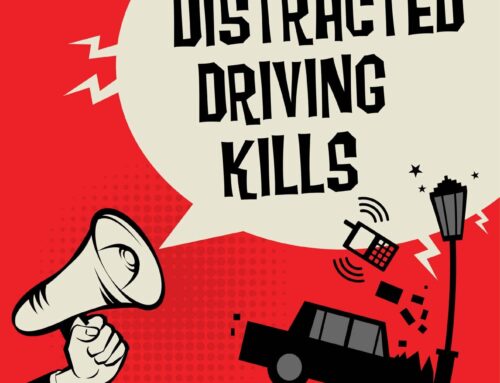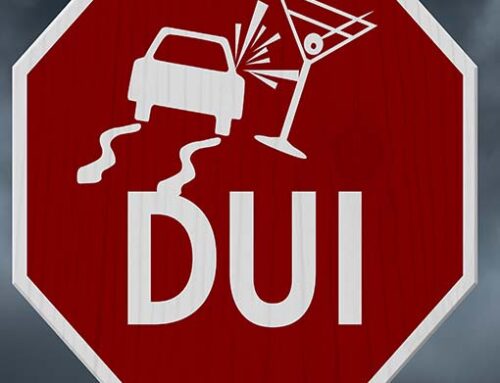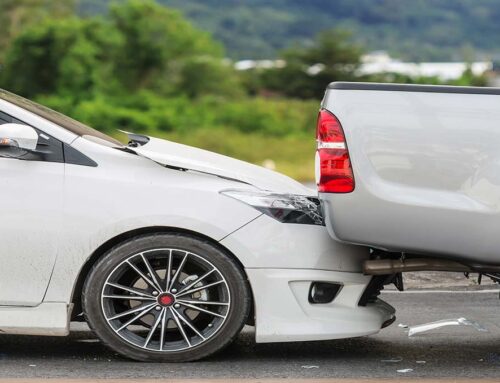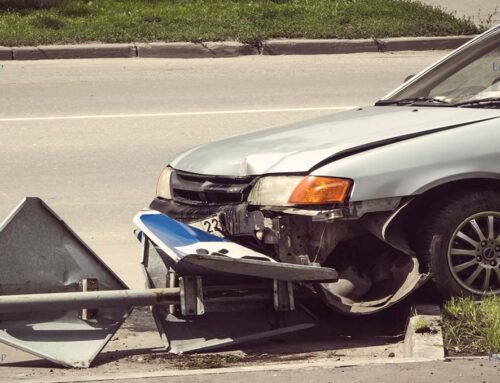5 Ways Social Media Can Adversely Affect Your Car Accident Claims
Today’s generation is blessed with many technological platforms that allow us to reach out to family and friends even if they live far from us. With just a push of a button, we can speak with them even if we’re separated by mountains or live in different cities. Heck, today’s technology even allows us to see each other even if oceans divide us.
One of the great wonders of our time is social media. This online platform lets us see what’s going on with people’s lives. In fact, there’s a real-time video feature where you can take a peek on the happenings.
And because it’s free, people are more inclined to register with and enjoy the technology. The popular social media websites include Facebook, Twitter, and Instagram.
While the intention of their respective creators was for connectivity, social media may have a downside. It’s not so much on the technology, which is truly amazing. Rather, the negative aspect is focused on human behavior. Here’s why.
Take the case of the victims who figured in a devastating car accident. It’s natural to seek sympathy after experiencing the horrible event. In the same way, for the family and friends, it is normal to extend concern for the plight of the car accident victims. Call it seeking emotional support or just wanting to vent out about the unfortunate event.
But talking about the car crash or sharing its details can have undesirable consequences. When you discuss the finer points about the vehicular accident on Facebook or other social media websites, you are indirectly making public statements. This can make or break your claim.
Posting on a public forum such as social media can open yourself to conflicts with the insurance provider, which can result in the loss of your claim for damages. Even as typical as posting a photo on Instagram or writing a tweet about the accident may result in a heavy blow against your case for compensation for injuries.
So what should you do? As far as social media websites are concerned, it is best to say or post nothing on these platforms. You might inadvertently mention some details, which could adversely affect your claim.
Instead of discussing what happened, keep mum and do everything in your power and capacity not to speak or mention about the accident in a public forum such as Facebook, Twitter, or Instagram.
With that being said, get in touch with a car accident attorney if you intend to pursue any legal action or want to get started on your claim for compensation. Don’t jeopardize your right to file a case on social media.
Here are 5 ways how social media platforms like Facebook, Twitter, and Instagram can destroy your cause of action and adversely affect your right to pursue a claim for compensation for damages.
Did you know insurance companies have many detectives in their payroll? Forget the typical detectives that we usually see in the movies or TV. Detectives may come in the form of people who open social media websites to learn more about the people who filed claims against the insurance company.
Yes, insurance companies have people that lurk online. There is a good chance they could be looking at your Web footprint if you filed or manifested the intention to file a claim against any one of them. Someone from these companies will search you. Their objective: to find anything incriminating, which could ruin your claim for compensation on account of the car accident.
So you might want to avoid making these mistakes online. Here are 5 ways on how to use your social media accounts without ruining your case.
1. Refrain from posting information about your activities.
A person who is truly injured will not be going around partying. So if you have recently filed a claim against the insurance company on account of serious injuries, it wouldn’t be a good idea to post pictures of you having a great time at a club, acting like nothing’s wrong.
Even a simple photo of you during your vacation or having a backyard barbecue might be used as evidence against you. Even if your injuries are not a serious as you claim. Even if you’re already gritting your teeth in pain to get through your social commitments. The images may be used to sway the case against your favor.
2. Avoid bad-mouthing the insurance company in a public forum like social media.
It’s human nature to vent out frustrations and disappointments. Taking part in a tedious and protracted battle for insurance claims is no exception.
With the convenience of social media, one can be easily tempted to write a long post about insurance claims and the exasperation that comes along with it. This may be viewed as an act of bad faith in connection with negotiations with the insurance company.
You should never post anything that will destroy the good will and positive relations with the insurance company. Doing so may give the insurer the ground to stop negotiating with you in good faith. Even if you set the post on private, anything you put on social media may be shared and become public.
Once it’s out there, it can be difficult to take back what you said. This can be a precarious situation, which the insurance company can use to their advantage and deny your claim.
3. Don’t make comments that might be construed as admission of fault.
One great thing about social media is that it allows interaction between people. These interactions may be facilitated through its comment feature.
But if you’ve filed an insurance claim, you should be extra careful with everything you put on social media. Casual comments like “It was my fault” or “I didn’t see it coming” may be interpreted as an admission of fault. Insurance companies can work around this and deny your claim. Even if it was your fault or you played a part that led to the car crash, it is best to stay mum about it. Keep your personal assessment on legal responsibility to yourself and off social media.
4. No to oversharing.
Car crashes are terrifying, and talking about them can help ease the emotional and psychological distress. But when talking about it, limit it to your close friends and family and never on Facebook, Twitter, or Instagram.
Avoid sharing activities in which you are too cheerful like nothing awful happened. The insurance company may use this, arguing the car crash didn’t have that much negative effect on you; hence, denying your insurance claim.
5. Observe confidentiality of your information.
When you talk about your case on social media, you risk breaching the confidentiality rule. If you inadvertently discuss sensitive information, this may be used as a ground to deny your claims against the insurance company.





